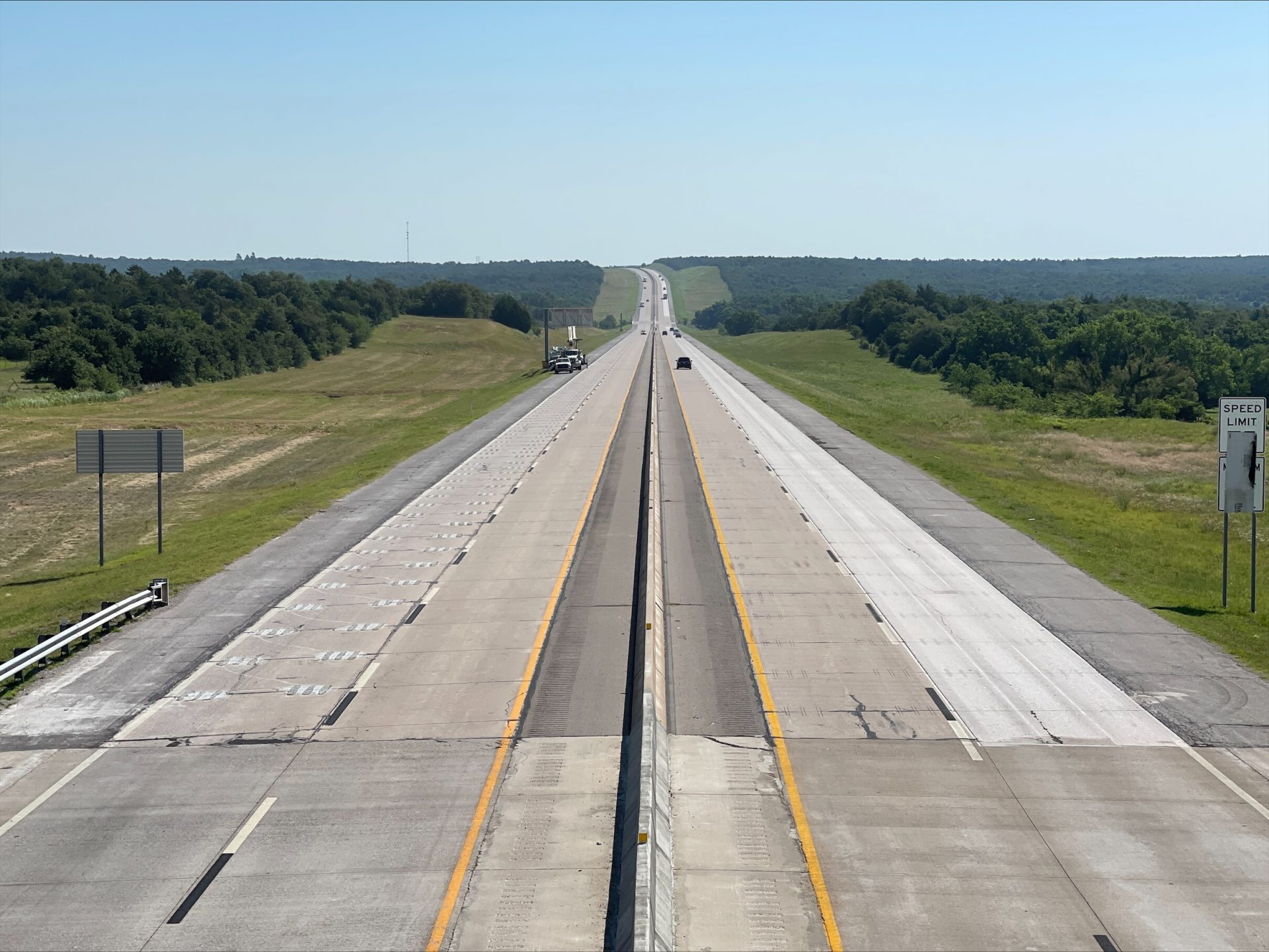
Judge: Oklahoma Turnpike Authority violated Open Meeting Act, ACCESS project contracts rendered invalid
-
Beth Wallis
The Oklahoma Turnpike Authority has lost the first of several impending court decisions regarding the 15-year, $5 billion ACCESS Oklahoma turnpike project.
The lawsuit filed on behalf of over 200 central Oklahoma residents alleged the OTA willfully violated the state’s Open Meeting Act by using vague language in its Jan. 25 and Feb. 22 public meeting agendas and documents leading up to the announcement of the ACCESS project.
The ACCESS Oklahoma project was announced following the Feb. 22 OTA board meeting. The project would construct new turnpike extensions in Oklahoma and Cleveland Counties, some of which are estimated to force over 600 homeowners out of their properties — though the OTA said this number is closer to 200.
The decision invalidates the ACCESS-related actions taken during the meetings in question, which amounts to about $69 million in engineering contracts for the project. To get those contracts back, the OTA will need to redo the approval votes with the proper agenda requirements.
Cleveland County District Court Judge Timothy Olsen wrote in his decision that while the OTA knew the specifics of the ACCESS project “in great detail,” the January and February meeting agendas contained nothing that referenced the plan as required by the Oklahoma Open Meeting Act.
“The agenda items in question seem to be the opposite of what is required by the OMA,” Olsen wrote. “No person of ordinary education and intelligence could know from the agendas that ACCESS Oklahoma was to be rolled out at the meeting and/or even that the new turnpikes were being planned. The term ‘certain turnpikes’ is so vague that the use of the term in and of itself shows an intent to deceive the citizenry of Oklahoma.”
Norman City Councilor Rarchar Tortorello spoke at a press conference Thursday evening. His ward would be significantly impacted by the project.
“This will force them to go back and redo those meetings,” Tortorello said. “And guess what? We will show up, and we will provide comment.”
There are two other court decisions that are expected to come out this month — one from a lawsuit challenging the OTA’s interpretation of the law that authorizes some of the project’s routes, and another in which the state Supreme Court will decide whether to validate bonds for the project.
Opponents of the project are also looking to the legislature to help block the project. This summer, two legislative interim study sessions were held to explain the structure of the OTA and the arguments of the current lawsuits.
Plaintiff attorney Alexey Tarasov said at the press conference there would be a legislative effort to modify the state’s eminent domain laws.
“We’ve proposed a constitutional amendment on eminent domain whereby if a turnpike project gets authorized or is about to be constructed, that there should be a vote of the citizens who reside in that area so that a majority would approve the project,” Tarasov said.
Reached for comment, the OTA provided a statement:
“The Oklahoma Turnpike Authority has always endeavored to conduct its statutory mission to construct, operate, repair and maintain turnpike projects in an open and transparent manner. We respect the Court’s decision and will go about bringing new items of business, to correct what the Court found to be deficient, for the Authority Board’s consideration.”
*This article was updated to correct the day of the press conference.
